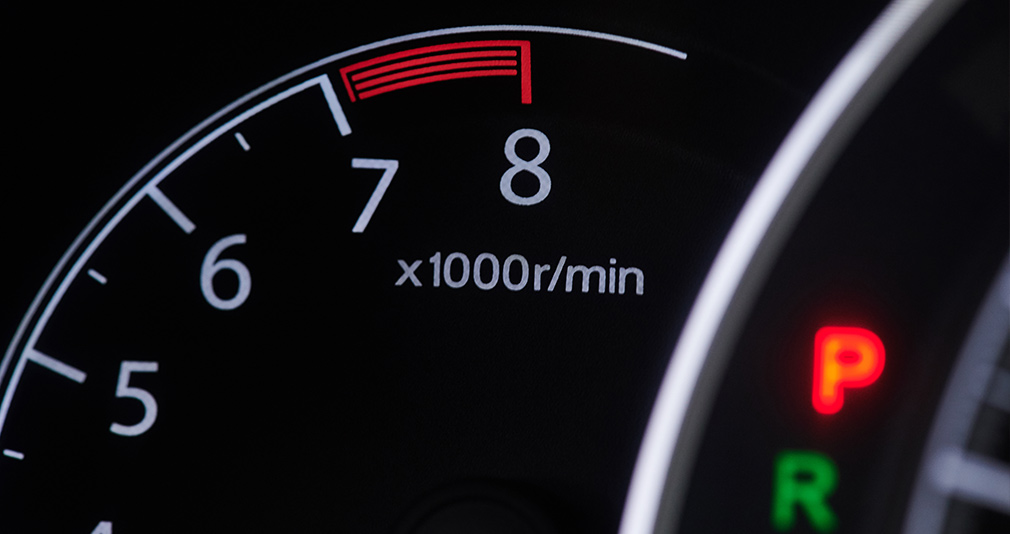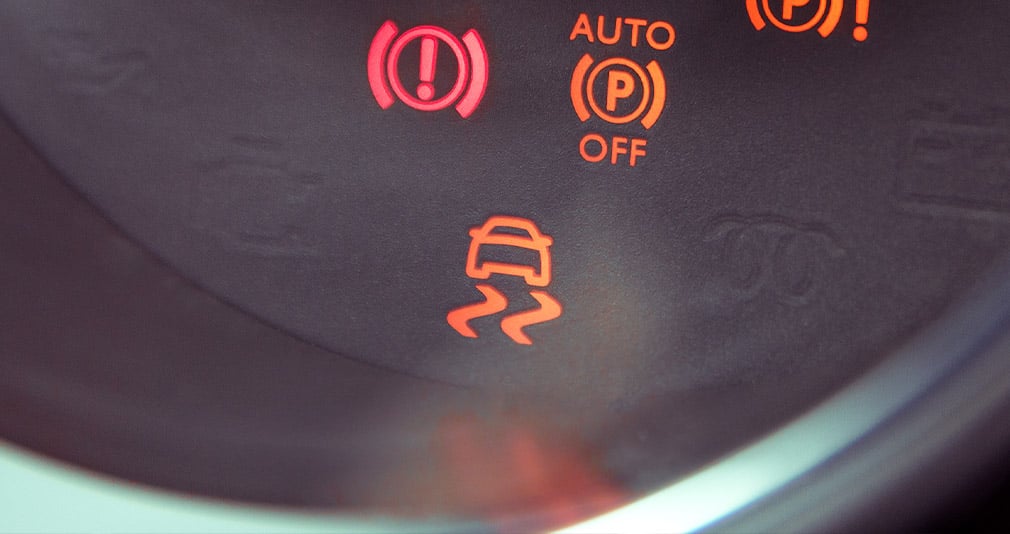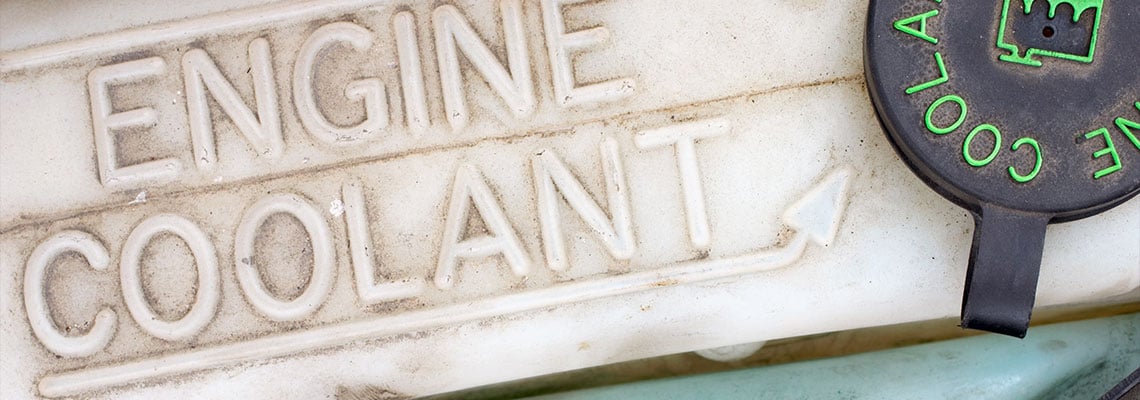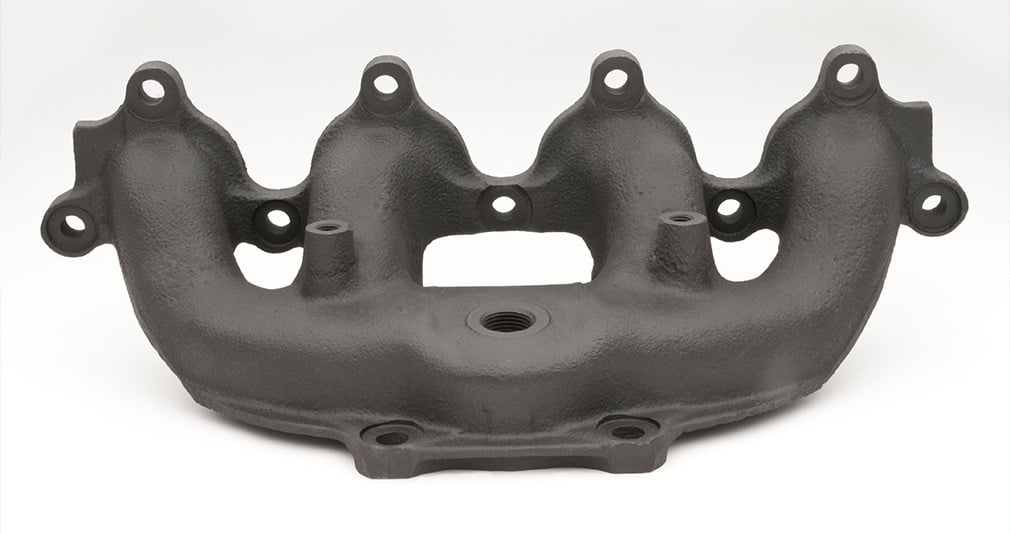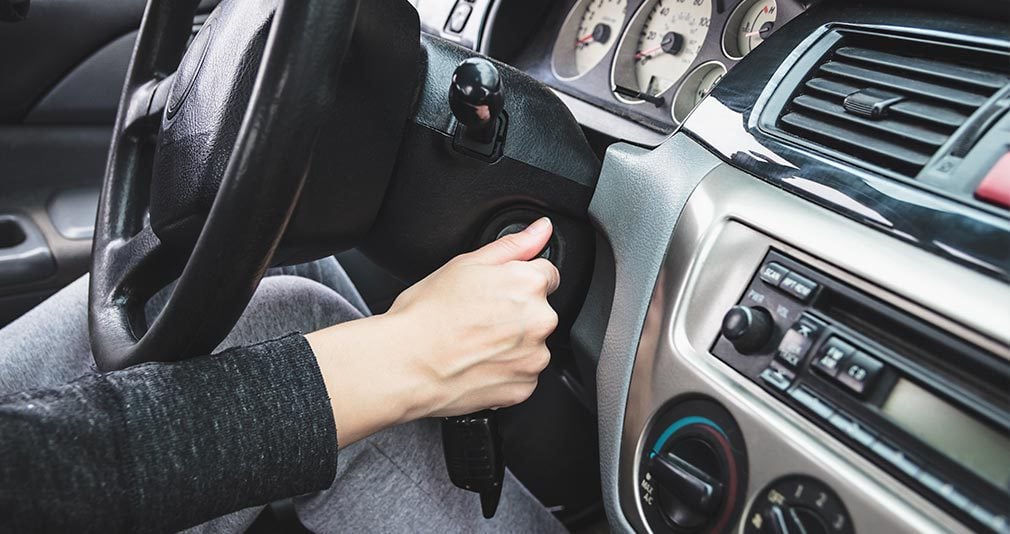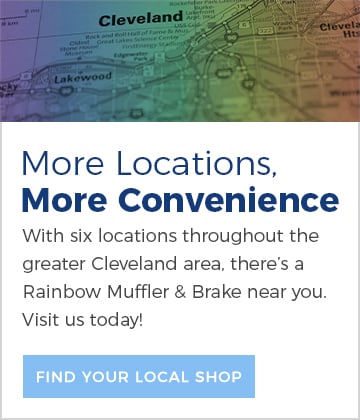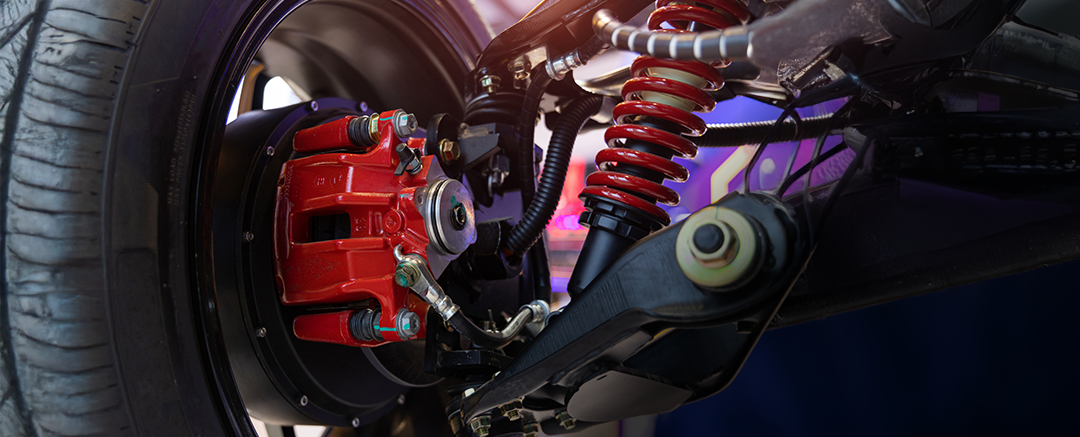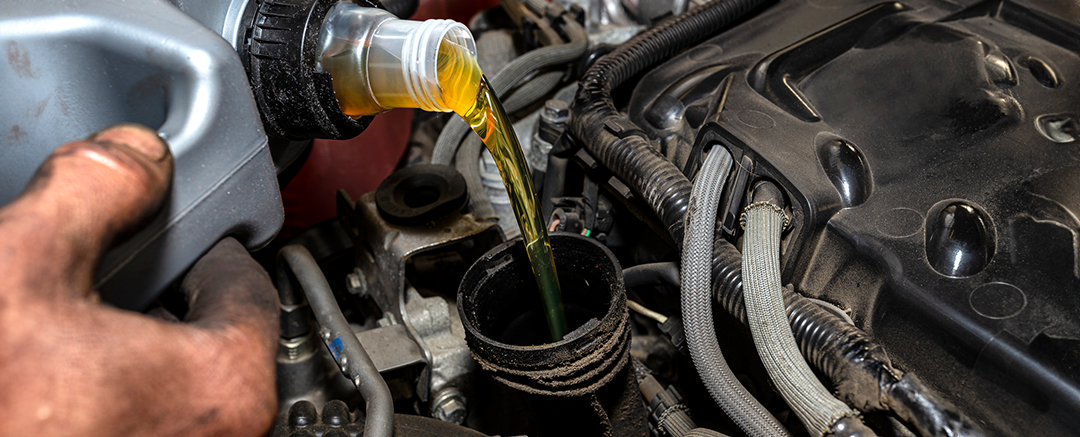Idling happens when you start your engine and allow it to run without pressing the gas or changing gears. A healthy engine is able to maintain a steady rate of about 1,000 revolutions per minute (RPM). At this rate, the engine is able to provide enough power to operate your car’s basic systems, including power steering and the electrical and cooling systems. Steady idling is quiet and smooth.
When a car is idling rough, it tends to bounce, shake and make odd noises. You’ll also be able to see the tachometer needle jumping around instead of staying at a steady RPM (the tachometer’s job is to monitor a vehicle’s RPM). While it may seem like a small problem on its own, rough idling is a sign that some part of your engine isn’t working properly. Over time, rough idling can result in poor gas mileage, starting issues and major engine problems.
What Causes Rough Idle?
Rough idling is a sign that something bigger is going on with your engine’s performance. It’s often caused by a problem with the system that is responsible for maintaining the right mixture of air and fuel inside your engine. Rough idling is difficult to diagnose because it can be caused by a wide variety of issues including:
- Dirty fuel injectors: Fuel injectors disperse fuel into your vehicle’s engine at a precise angle and quantity. When the injectors become dirty from debris or other buildup, their performance is impeded. This can cause the levels of air and fuel in the engine to become unbalanced, resulting in rough idling. Keeping your fuel injectors clean with routine maintenance will help reduce the risk of this issue.
- Damaged spark plugs and wires: Spark plugs help ignite the air/fuel mixture within the engine’s combustion chamber. Damaged spark plugs or wires can result in the fuel being burned inconsistently, which causes an imbalance in the mixture and can trigger rough idling.
- Vacuum leak: Most vehicles have a system of hoses that create a vacuum for the fuel and air to flow through. In older cars, a carburetor would use this vacuum to pull fuel into the engine; in modern cars, a throttle serves the same function. When there is a leak in the hose system, too much air can be pulled into the engine, causing it to misfire. Rough idling due to a vacuum leak can be identified by a higher-than-usual RPM.
- Carburetor problems: If your car is an older model, rough idling can be caused by carburetor issues. Black exhaust smoke is a good indicator that your carburetor needs to be examined by a professional. Modern cars don’t have carburetors, so it’s not something to worry about if you are driving a vehicle made after the early 1990s.
- Clogged air filter: When your engine’s air filter becomes clogged, it reduces the amount of airflow in your engine. This not only results in a rough idle, it reduces gas mileage as well. It’s important to replace your engine air filter at least once a year — possibly more if you live in a particularly dusty area.
- Broken oxygen sensor: Your car’s oxygen sensor works between the exhaust system and the rest of your engine to make sure the levels of air inside the system are correct. It does this by monitoring the oxygen levels in the gases being released through the exhaust pipe. If the levels are too high or low, the sensor alerts the car’s computer, which then addresses the issue within the exhaust system itself. When the sensor isn’t working properly, it can cause an imbalance in the air/fuel mixture.
How to Fix Rough Idling
Engines should be quiet and run smoothly. If you’re hearing odd noises, feeling your vehicle stall out while accelerating or experiencing bouncing and shaking while idling, you should take your car to a trusted repair shop. The mechanic will check the engine computer to see if any codes have been triggered. Once any problems are identified, the mechanic will address and fix the issues that are causing your rough idle. If the problem can’t be identified by the engine codes, the mechanic will examine the most common causes and make sure everything is working properly.
While rough idling can be caused by a wide variety of issues, many of these are triggered by damage, debris buildup or wear and tear. Keeping your engine clean and well-maintained will go a long way toward preventing issues that can cause damage to your vehicle. Stay on top of filter replacement, fluid flushes and top-offs, tune-ups and scheduled maintenance. Regularly having your vehicle examined by a mechanic will help identify issues early, when they’re easier and less expensive to fix.
It’s also important to bring your vehicle into a repair shop the moment you notice that something isn’t running properly. If you notice a dip in your car’s performance, hear odd noises or see the check-engine light turn on, you should make an appointment right away. It’s tempting to put off, but you’ll end up spending more in the long run on bigger, more extensive repairs. No one wants to be surprised by a car that suddenly breaks down.
Don’t ignore the issue when your car is idling rough. By addressing the problem as quickly as possible, the issue will be solved easily, and you’ll be back on the road in no time.

